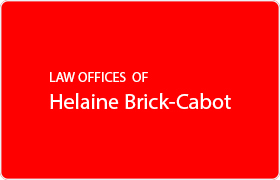ATTORNEY FEES
The payment made to a lawyer for legal services. These fees may take several forms: hourly per job or service -- for example, $350 to draft a will contingency (...
(more...)The payment made to a lawyer for legal services. These fees may take several forms: hourly per job or service -- for example, $350 to draft a will contingency (the lawyer collects a percentage of any money she wins for her client and nothing if there is no recovery), or retainer (usually a down payment as part of an hourly or per job fee agreement). Attorney fees must usually be paid by the client who hires a lawyer, though occasionally a law or contract will require the losing party of a lawsuit to pay the winner's court costs and attorney fees. For example, a contract might contain a provision that says the loser of any lawsuit between the parties to the contract will pay the winner's attorney fees. Many laws designed to protect consumers also provide for attorney fees -- for example, most state laws that require landlords to provide habitable housing also specify that a tenant who sues and wins using that law may collect attorney fees. And in family law cases -- divorce, custody and child support -- judges often have the power to order the more affluent spouse to pay the other spouse's attorney fees, even where there is no clear victor.
 x
x

 Helaine Brick-Cabot Chappaqua, NY
Helaine Brick-Cabot Chappaqua, NY AboutLaw Offices of Helaine S. Brick-Cabot
AboutLaw Offices of Helaine S. Brick-Cabot Practice AreasExpertise
Practice AreasExpertise
